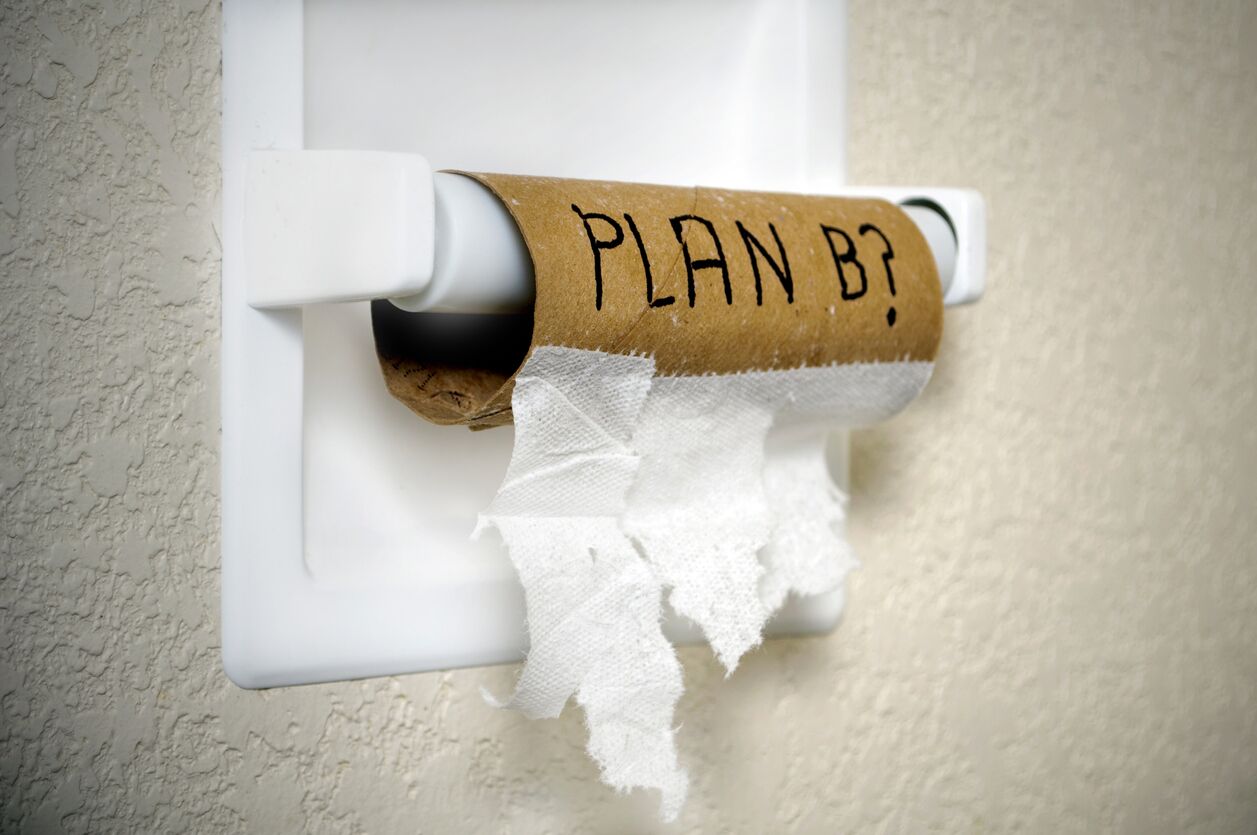Whilst it may feel counterintuitive, emerging research is consistently finding that thriving and struggle can go hand in hand. Research conducted by the Wellbeing Lab in Australia and the US, over the last three years, has found that many of the most engaged, most satisfied, and highest performing workers are experiencing both struggle and thriving in their lives. Why might this be?
“Our research showed that once we achieve a goal, we feel great. But then we go into this real period of flatness,” said Dr. Adam Fraser when we interviewed him recently. “What people love about working towards a goal, or transforming, is the strive.”
The strive is that phase between setting a goal and achieving the goal. Having a strive mindset means that we embrace the gifts that come with struggle, such as growth and courage, and allows us to understand that struggle doesn’t necessarily undermine our happiness, but can actually contribute to it.
“It seems that what we love about the strive the most, is overcoming the struggle, because it allows us to exhibit courage and to evolve,”explained Adam. “We crave being courageous, and we crave evolution as much as we crave love and connection.”
Adam’s research with 800 professionals working in highly complex and changing environments found that our strive mindset can impact how we show up, and our performance at work. If we see struggle as a threat, because we fear we might make a mistake, fail, or be exposed as incompetent, we focus on trying to avoid, or blame others for, the struggle. In contrast, when we see struggle as a challenge and focus on the growth we’ll experience, we’re more likely to strive, to evolve, and be innovative. Adopting a strive mindset enables us to tolerate being uncomfortable while focusing on the growth that will come from our struggle.
Adam suggests that people who have a strive mindset tend to do four things represented by the acronym SAFE:
- Sit with discomfort – Are you able to tolerate negative emotions, or do you have a knee-jerk reaction to want to make them go away? Try to focus on why you might be feeling bad, rather than focusing on trying to get rid of the feelings. Writing or journaling can be a helpful way to explore your feelings. So instead of rushing into action, or dysfunctional behaviors to try and make your feelings go away, give yourself time and space to just sit with your feelings. Tell yourself it’s okay to feel this way.
- Accept reactions – Try not to judge whatever you’re thinking and feeling. Also, recognize your inner critic, and don’t let it berate you for stories you may be creating, such as, “why aren’t I taking more action,” or, “why can’t I be more positive?” The current situation with the COVID-19 pandemic is significant, so just accept whatever reaction you’re having, show yourself some self-compassion, and tell yourself that what you’re doing might be just what you need to do right now to help you cope with things.
In the same way, show compassion and try not to judge others’ reactions. Regardless of how well-intentioned it might be, telling others who are going through struggle that “it’s not that bad,” or “it could be worse,” or “why don’t you look at it more positively” can diminish their feelings. All we want from others is empathy and validation – to name the emotion and validate it – when we’re struggling. So instead of judging, show compassion and empathy by letting them know that you understand what they’re feeling, and that it’s okay to feel that way.
- Focus on development – Consider how you can frame your struggle as an opportunity for development. How will you emerge on the other side, having evolved and grown? For example, while the COVID-19 pandemic is frightening and devasting for many, it is also giving humankind an amazing opportunity to reassess, and evolve the way we live, and how we treat each other. For you, it might be having time and space to connect with your family in new ways, or considering how you might show more compassion to others. What do you want your life, or your work, to look like when things get back on track?
- Engage in constructive behaviors – Rather than worrying about needing to change your thoughts or beliefs, it’s more helpful to focus on the actions that will help you move forward and “win the moment.” What is the most constructive thing you can do right now that will help you win this moment, get the best outcome, or improve your situation? For example, how can you reach out and support a friend or show more compassion to your children?
What can you do today to dial up your strive mindset and embrace the gifts of struggle?


